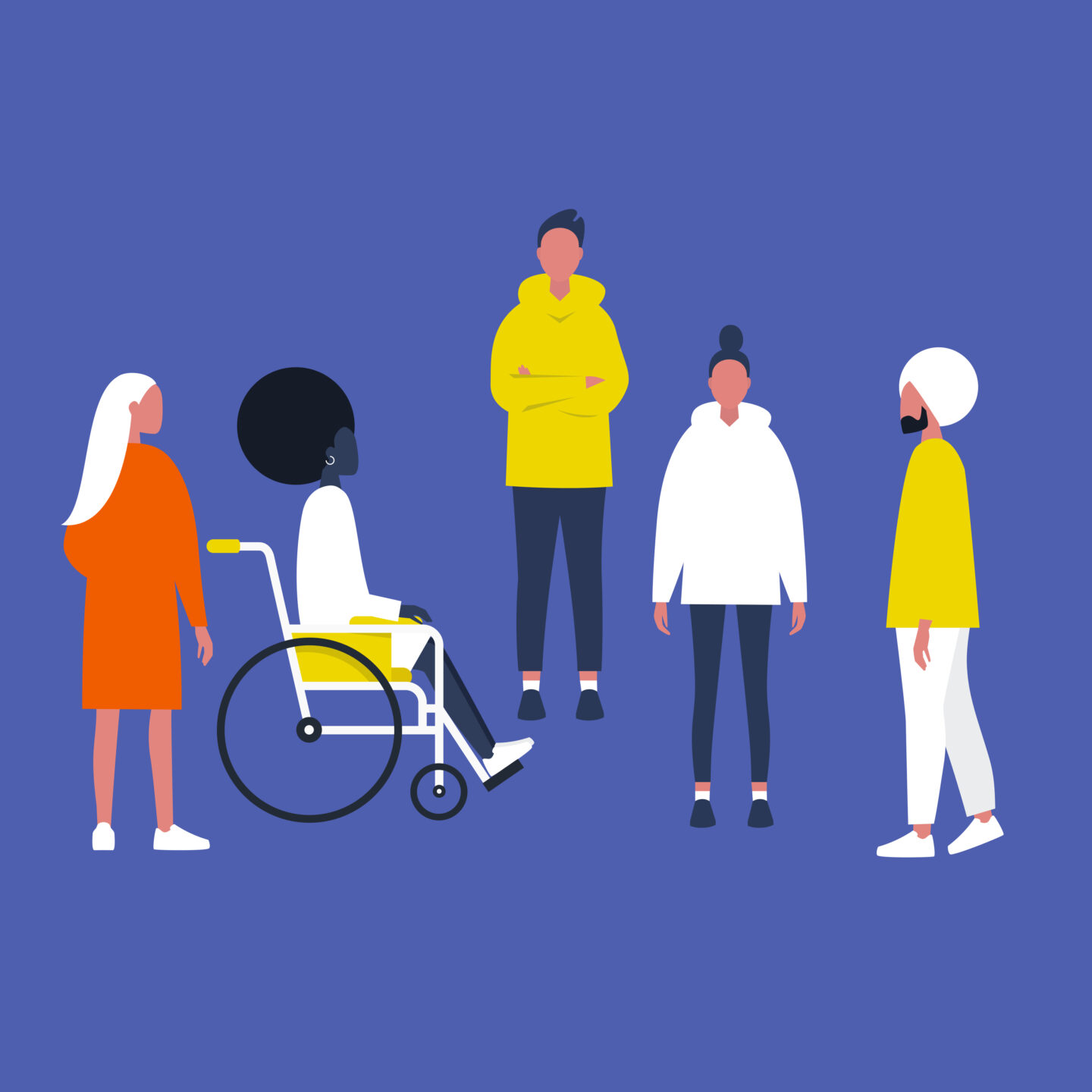However, while communication styles might have to be tailored to the country in question, it is important not to compromise your brand’s core values and beliefs. For example, to treat everyone in the organization with dignity and respect should be non-negotiable, regardless of creed, color, age, nationality, disability, gender, and sexual orientation.
The best way to ensure this is to give all the support and options you can to LGBTQ+ employees when they are making career choices, as well as providing all leaders in your organization clear interpretation of how values and beliefs ought to be implemented regardless of where people are located.
Advocate for LGBTQ+ rights
Multinationals have the economic clout to stand up for LGBTQ+ employees beyond changing their own internal systems and processes and behaviors.
Where your organization operates in a country whose legislation conflicts with your company’s policy on Human Rights including LGBTQ+ rights, early engagement with authorities can be valuable. Making it clear that homophobic legislation is not something your brand can endorse not only contributes to the resistance against anti-LGBTQ+ policies, but it also demonstrates to your LGBTQ+ employees that your brand genuinely cares about their welfare.
The most effective approach, of course, is to avoid territories where LGBTQ+ people are persecuted. Making a public statement of this policy evidences both support for LGBTQ+ employees, clients, stakeholders and partners, and indicates that homophobic national policies have economic consequences.
Multinationals should not rely on LGBTQ+ individuals to “police” the behaviors of others in countries without Human Rights legislation; nor should they expect them to forego personal career development in order to secure their personal safety. Rather, organizations should be doing everything they can to create an environment of psychological and physical safety for all their employees, protecting them from discrimination and empowering them to develop their careers as they choose.
NB: For additional guidance and support, you can reach out to:







